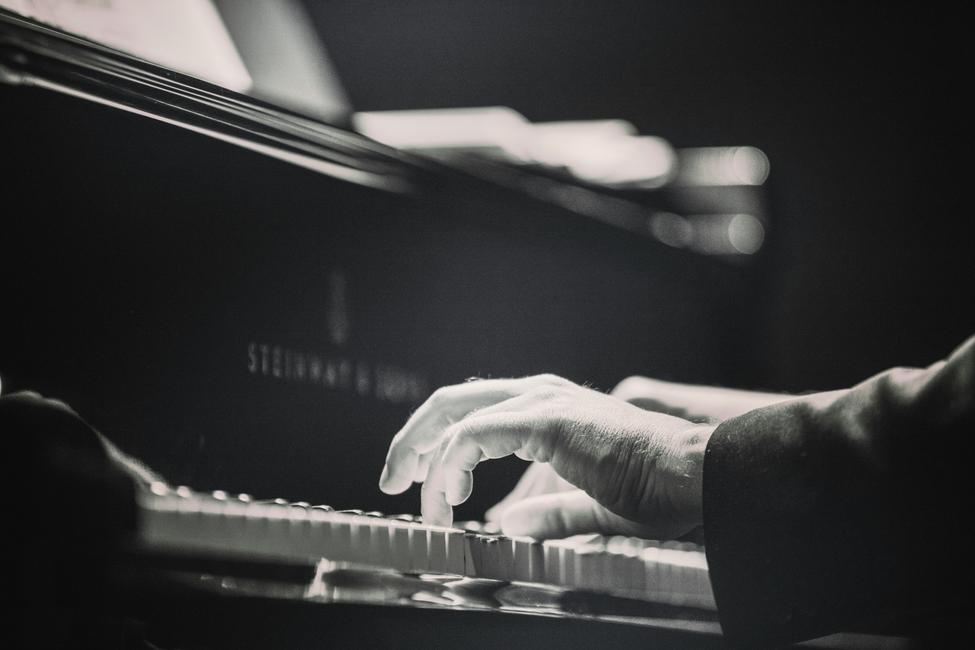Three new recordings reflecting my growth – I hope – since beginning to learn piano about eight months ago. I try to do at least 15 minutes a day. Missed a few more days recently when I drove with my son to Pittsburgh (where he auditioned on trombone at CMU).
The Trolley Song
I Want to Be Happy
I Get a Kick Out of You
A few things I’ve recently noticed
- Piano has become a habit. I now naturally remember to and generally enjoy sitting down to the piano. I read recently that researchers determined that it typically takes about doing a task roughly 66 days for it to become a habit. I’m way past that, and daily piano long ago became a natural habit, not something I need to be reminded to do.
- I’m now enjoying my piano time a bit more than when I began. It feels like less of a chore and more an enjoyable break from the rest of my day.
- I suspect I’m practicing a bit more than I did months ago. I don’t measure my piano time but suspect I’m occasionally spending an hour at the piano. And I definitely now occasionally sit down to practice a second or even a third time in the same day.
- Certain chords have become automatic. My muscle memory for chords I’ve played many times has become very strong, and my conscious brain isn’t needed to play them.
- I can now play better without looking at my hands or the keyboard. I used to have trouble because my eyes were bouncing back-and-forth between the sheet music and my hands on the keyboard. I was unsure where I should be looking and would lose my place in the sheet music every time I looked down. Fortunately, I’ve been developing a sense of where the various chords and keys live on the keyboard and the ability to track where my hands currently are on that keyboard. This feels like a very important skill, as it will allow me to keep my eyes glued to the sheet music and not lose my place. Of course, when learning new pieces, esp. with unfamiliar chords or large gaps between notes, I’ll need to look at the keyboard as I begin learning those pieces, but as I become more comfortable with each piece, I should learn to play it without looking down at the keyboard. And my sense of where my hands are positioned relative to the keys should continue improving. Great athletes don’t need to look at the goal to shoot the puck or kick the ball because they know exactly how they’re positioned on the field and exactly where the goal is, so they can focus intently on how they strike the puck/ball. Playing piano well seems to requires developing a similar intuition about where one’s hands are relative to the keyboard at all times.
- I’ve developed an (imperfect) system for learning a new song. I try to figure out my fingering early and write down numbers on the score telling me which right-hand finger to use whenever there’s ambiguity and which left-hand chord inversion to use. I previously waited longer to work out the fingerings but eventually realized how important it is to practice identically each time, which I can only do once I figure our which fingering to use.
With appreciation to Dolo Iglesias for their photo on Unsplash
